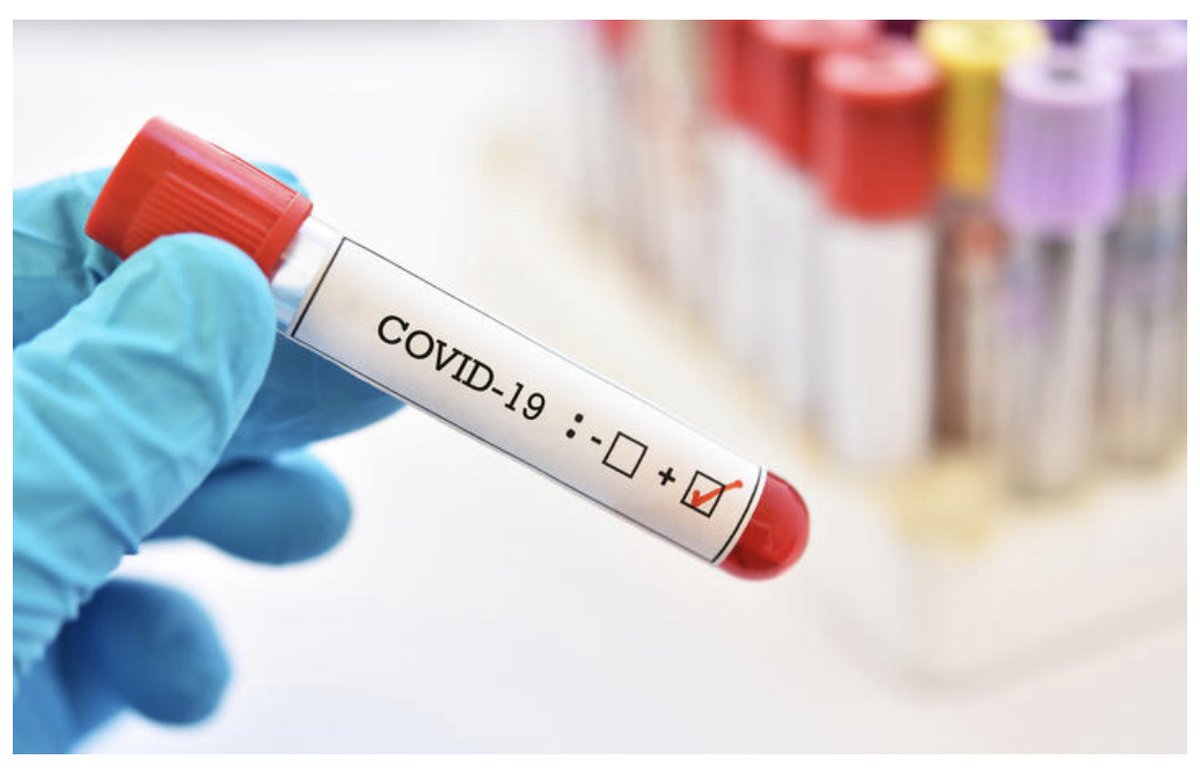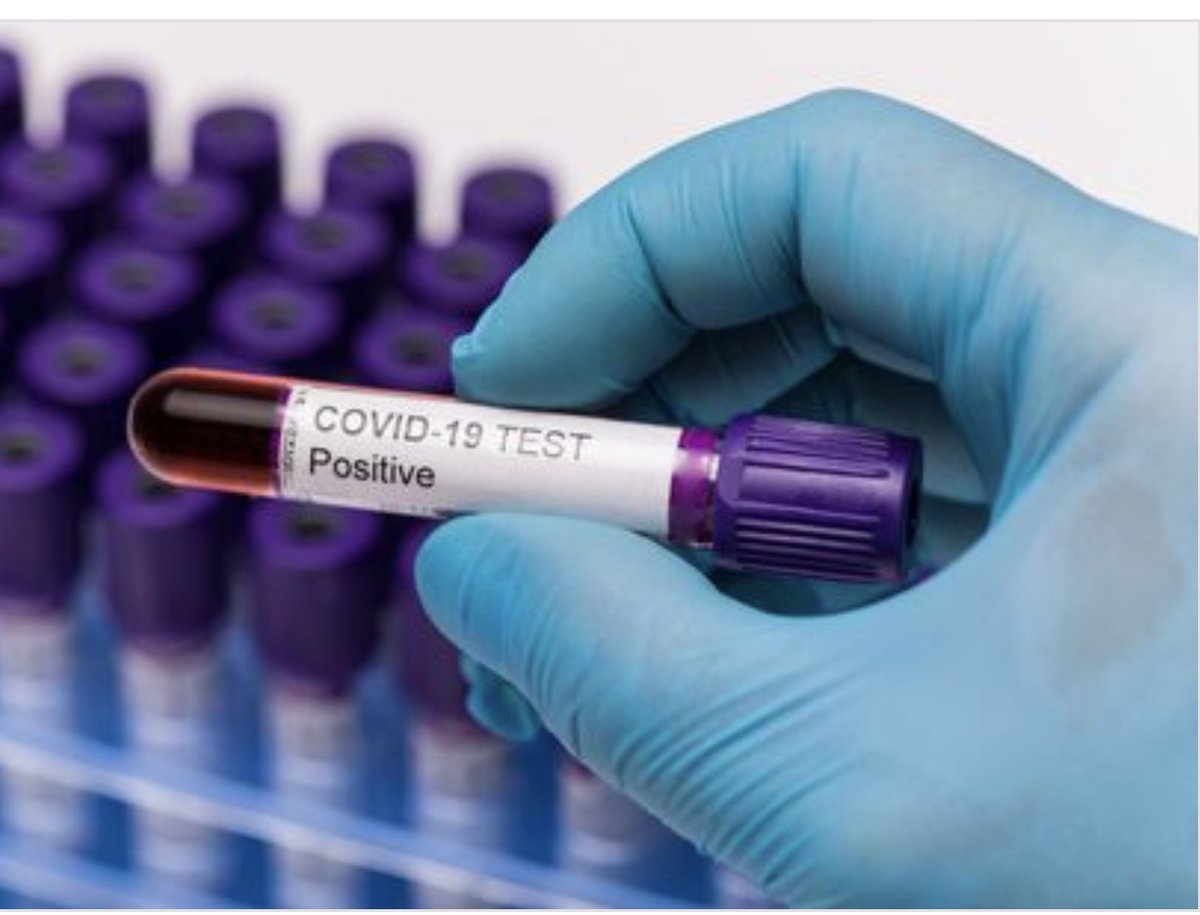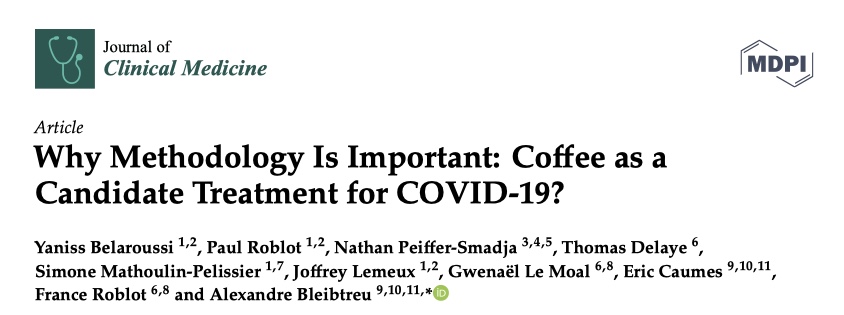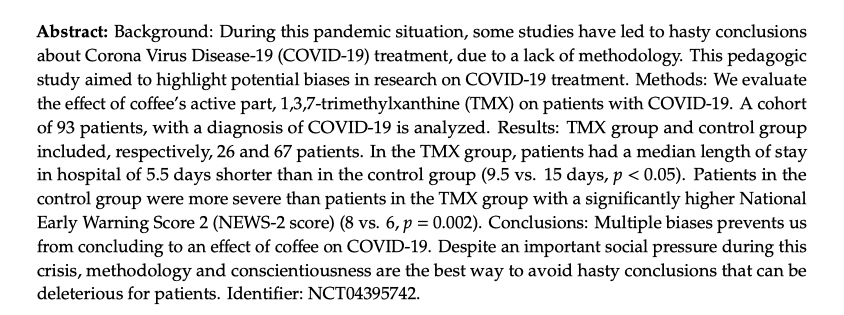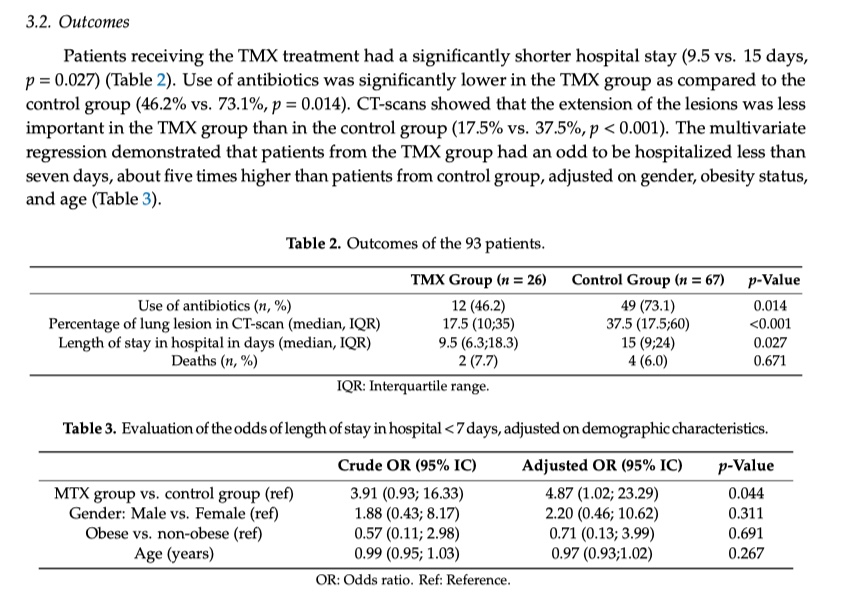
Watching ICUs around the world burn to the ground in 2021 makes it all the more bizarre we have not had a single COVID patient in @WellingtonICU. We have little idea of how 'lucky' we are.
But, of course, none of it was down to luck. Geography helped, but this year should end with New Zealanders thanking the public health experts & the contact tracers who stood between us and COVID and the politicians who listened to them.
And the District Health Boards that enabled rapid mass vaccination and the community leaders that encouraged and enabled this. But there was inequity; and undoubtedly it could have been done better.
health.govt.nz/our-work/disea…
health.govt.nz/our-work/disea…
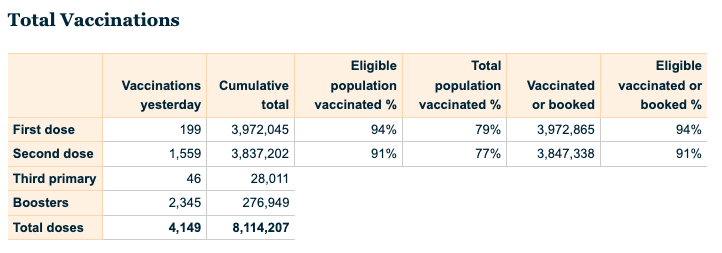
But also we should recognise the media who ran 90% vaccination campaigns when it seemed unattainable and tried (mostly) to not report the <1% who shouted the loudest despite the virus not caring what their placard says. nzherald.co.nz/nz/covid-19-de…
And yes, ICU doctors and nurses have also been banging on about our ongoing paucity of ICU beds; and we've been accused of shroud waving. But our specialty attracts 'worst case scenario' people and we saw our overseas colleagues disappear under wave after wave after wave.
So whatever Omicron does to us in 2022, unlike 12 months ago, I'm tending toward very mild optimism. And for an Intensivist that is a very uncomfortable feeling.
• • •
Missing some Tweet in this thread? You can try to
force a refresh


